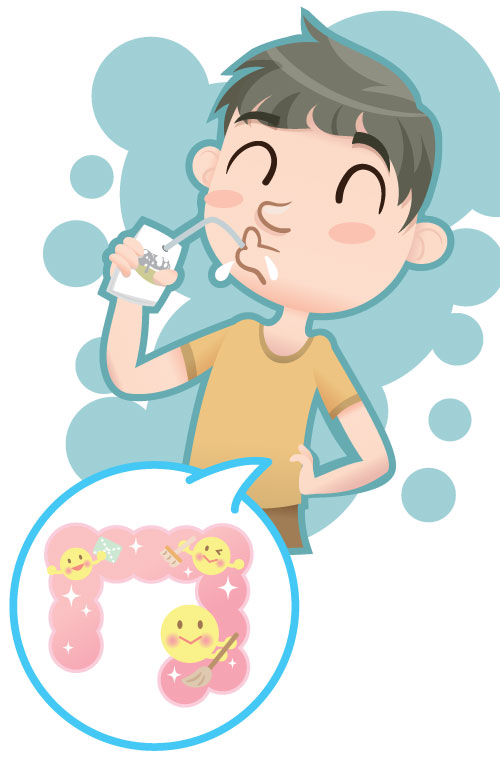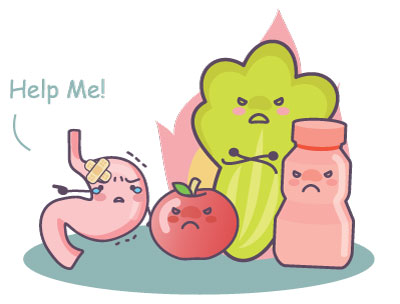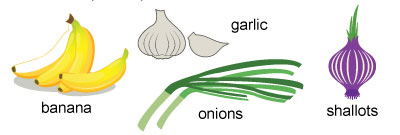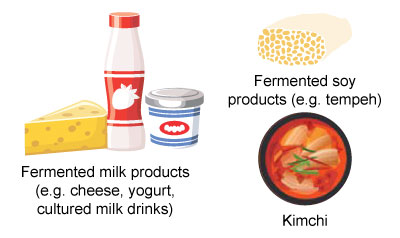Did you know that your child’s digestive system starts from his mouth and ends in his anus? This includes the entire gastrointestinal (GI) tract that comprises organs such as the stomach, intestines, liver, gall-bladder and pancreas. In order to support his healthy growth and development, a healthy digestive system is very important.
One of the often overlooked factors of a healthy GI tract is the ‘little helpers’, called probiotics. They comprise of beneficial bacteria from the following families of Lactobacillus (e.g. L. acidophilus, L. casei), Bifidobacterium, etc.
Another term you may have heard is prebiotics – these are non-digestible carbohydrates that stay in the digestive tract and provide beneficial bacteria with the ‘food’ they need to grow. Prebiotic sources include fruits, legumes, and whole grains.
Keeping his gut healthy
If your child eats something that does not agree with him, it is highly likely that his digestive system will produce symptoms such as abdominal pain, constipation, diarrhoea, nausea, and vomiting. In fact there are studies that show the growing prevalence of conditions such as irritable bowel syndrome (IBS) and inflammatory bowel disease among young children.
In order to minimise disruptions to his growth and development, you should strive to keep his digestive health running at an optimal level. The basics of good digestive health can be achieved in three simple steps:
1. Eating right
Ensure that he eats sufficient fruits and vegetables and eats regular meals. He should be eating a healthy diet that is rich in fibre daily. You should also limit his intake of deep-fried and sugary food/drinks, and lastly, encourage him to drink at least eight glasses of water daily (more on very hot days or if he engages in vigorous physical activity).
2. Staying active
Make sure he gets at least an hour of any type of physical activity. This is an excellent method for him to keep his digestive system running smoothly, i.e. it helps to promote regular bowel movements, improves his appetite, and helps him to maintain a healthy body weight.
3. Maintaining good hygiene
Teach him all about good personal hygiene, especially simple things such as washing his hands thoroughly after using the loo and definitely before eating. Good hygiene is absolutely essential in preventing bad bacteria finding an easy way into his gut.
Little helpers, big results
So what role do probiotics play? For starters, they do more than just help with digestion. One of the most important tasks they do is to keep your child’s digestive system healthy. They achieve this by neutralising any pathogens (viruses or bacteria that can cause illness) before they can make him ill. Some scientists are even going as far as to call the gut a ‘second brain’ due to the way it interacts and influences the brain! Now, does that sound like a good reason to ensure that your child gets enough pre- and probiotics?
It is not a difficult task; in general, your child is getting enough prebiotics if he eats a lot of fruits and vegetables. Some examples of prebiotic-rich foods include:
You can ensure that your child gets enough probiotics by encouraging him to take sufficient foods or drinks that are rich in probiotics. These include:
An educational contribution by Malaysian Paediatric Association.










Comments